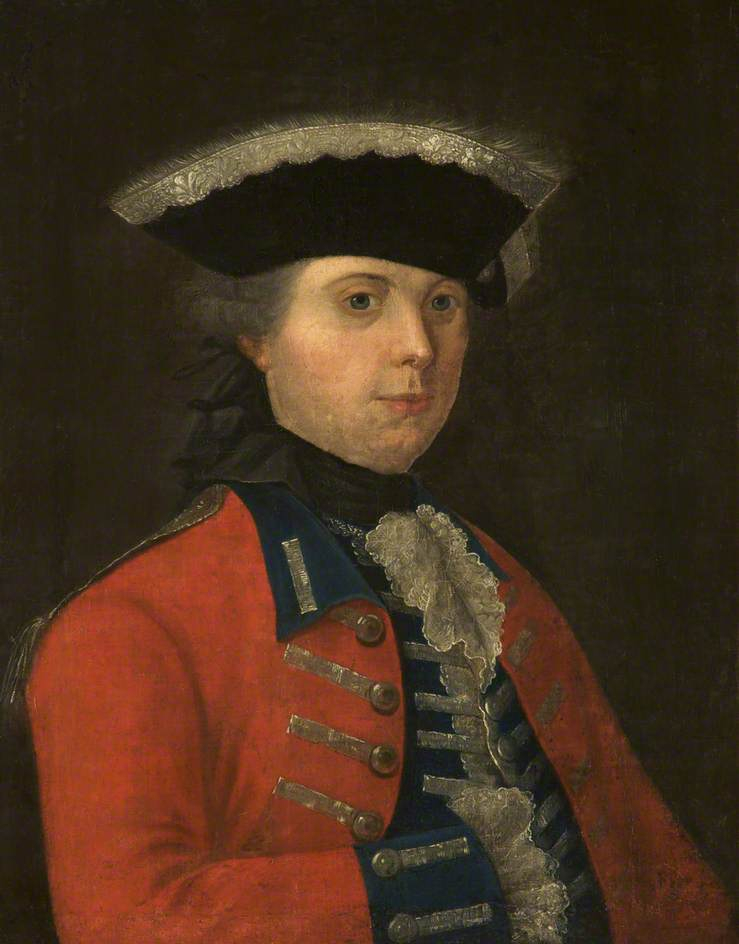James Wolfe led by example as a leader
James Wolfe quickly rose through the ranks of the army, and his remarkable leadership abilities were a major factor in this. Although Wolfe is supposed to have had high expectations for his soldiers, he is also said to have lived up to them. When the Seven Years' War broke out in 1756, Wolfe had a new opportunity to grow. William Pitt gave him the position of second-in-command of an expedition to seize the Fortress of Louisbourg as a result of his involvement in the failed raid on Rochefort in 1757. He was appointed captain of a force that successfully besieged Louisbourg before sailing up the Saint Lawrence River to seize Quebec City. Following a protracted siege, Wolfe's victory over a French force led by the Marquis de Montcalm allowed British forces to take control of the city. At the height of the Battle of the Plains of Abraham, Wolfe died from wounds caused by three balls.
An interesting fact about James Wolfe is that he would travel with the same gear as his soldiers and didn't demand special treatment, in contrast to many other military commanders of the era. He gained the support of his men because of this attitude, which was also essential to his triumphs. He was infamously severe about discipline and thought that leaving one's job should result in death.








